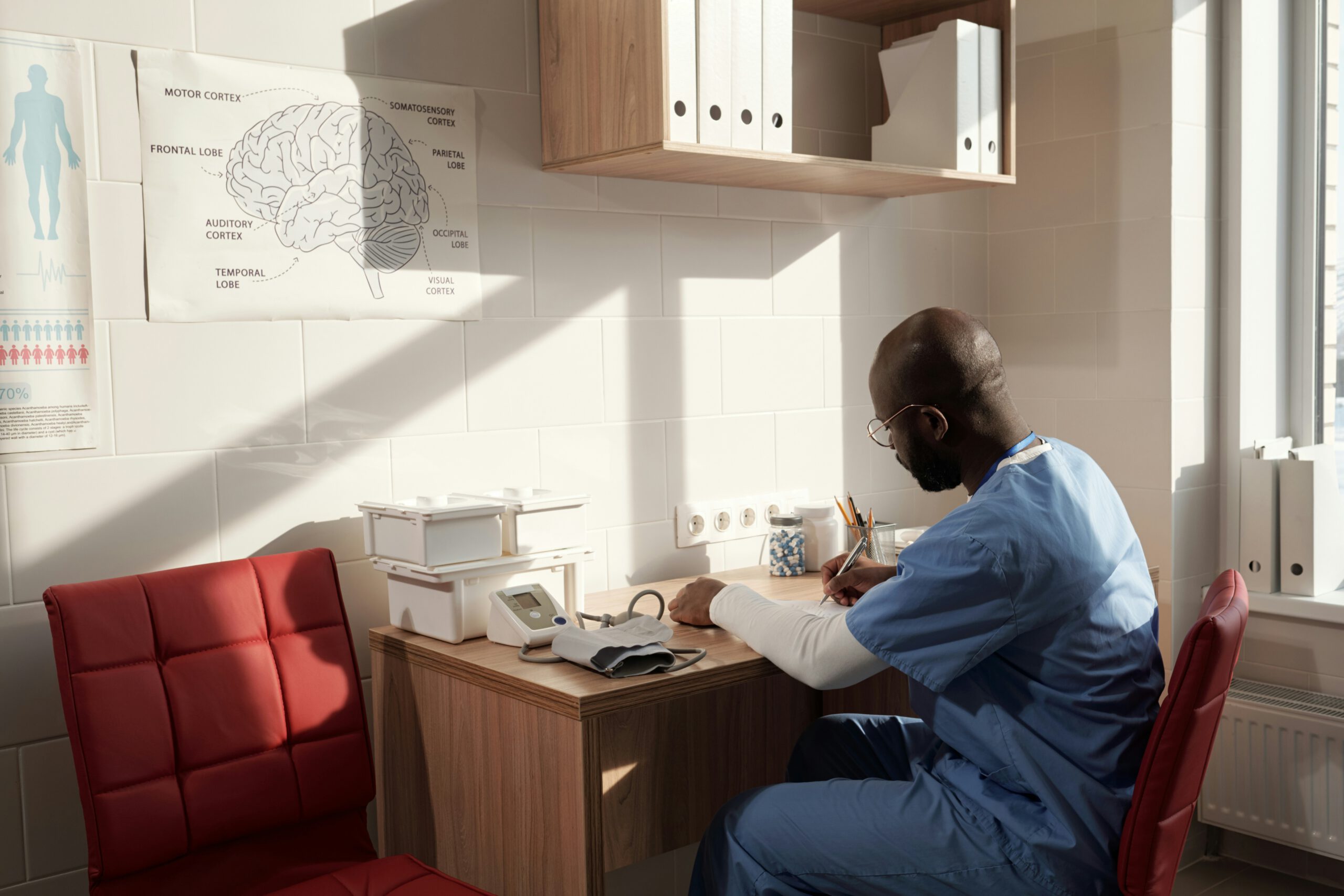How Long Do TMS Results Last?
Transcranial Magnetic Stimulation (TMS) is a non-invasive therapy used in major depressive disorder (MDD), especially when medications haven’t worked. As clinical use expands, providers and patients alike ask: How long do TMS results last? Below, we review durability data, what shapes long-term outcomes, and how providers commonly support sustained benefit—framed from SEBERS Medical’s perspective as a device manufacturer.
The Science Behind Sustained TMS Results
TMS delivers focused magnetic pulses (commonly over the left dorsolateral prefrontal cortex) to modulate mood-relevant circuits. Repeated sessions can promote neuroplastic change—longer-lived shifts in cortical activity that help explain why many patients experience continued relief after the initial course.
Clinical Studies: What Do the Data Say?
- Naturalistic 1-year follow-up (multisite): among patients who entered follow-up in full remission, 70.5% did not relapse over 12 months (relapse defined on QIDS-SR). Also, 50% of remitters remained remitted at every timepoint, and across those who finished acute treatment as responders/remitters, 62.5% maintained response throughout the year. Continuation meds and access to TMS re-treatment were allowed.
- Meta-analysis (19 studies): among initial responders, 66.5% sustained response at 3 months, 52.9% at 6 months, and 46.3% at 12 months; maintenance treatment was associated with better durability in some datasets.
What this means: durability is real for many patients, but aggregate rates decline over time. Context matters (who you count, how relapse is defined, and what continuation care is permitted).
What Influences Longevity of TMS Results?
- Depth of initial response: full remission tends to predict longer-lasting benefit.
- Maintenance/booster strategies: evidence is mixed—a randomized trial of once-monthly sessions showed no advantage over observation at 1 year, yet broader reviews note maintenance can help some patients. Emerging RCT data suggest maintenance rTMS can be comparable to lithium for relapse prevention with fewer adverse effects, but protocols are not standardized.
- Adjunctive care: psychotherapy, medication optimization, exercise/sleep/nutrition may support durability (varies by patient; evidence base heterogeneous).
- Individual factors: baseline severity, comorbidities, and adherence to follow-up care can all shape outcomes.
Practical Considerations for Providers
- Track outcomes (e.g., PHQ-9, QIDS-SR) beyond the acute course to detect early drift.
- Plan for relapse contingencies: many clinics allow re-introduction of TMS if symptoms recur; in the 1-year naturalistic study, re-treatment access was part of care.
- Use maintenance judiciously: consider individualized schedules; avoid over-promising on fixed monthly boosters given mixed RCT data.
How SEBERS Medical Fits In (Manufacturer Perspective)
SEBERS Medical designs and manufactures the Blossom TMS Therapy System. We do not provide clinical treatment or create patient care plans. Our role is to equip clinicians with:
- A dependable device suitable for standard acute courses and re-treatment,
- Training and onboarding for effective, consistent delivery, and
- Ongoing technical support so clinics can execute their chosen clinical protocols.
Key Takeaways
- Many patients sustain TMS benefit for months to a year; exact rates depend on who’s counted and the follow-up context.
- Maintenance strategies may help, but the evidence—especially for once-monthly schedules—is not uniform; protocols should be individualized.
- Routine monitoring and timely re-treatment can support sustained relief in real-world practice.
Interested in how the Blossom TMS system can support your clinic’s long-term outcomes?
Visit: https://blossomtms.com/
Phone: 833.3BUY.TMS (+1.833.328.9867)
Email: Sales@sebersmedical.com
Address: 230 S Broad Street, 17th Floor, Philadelphia, PA 19102





